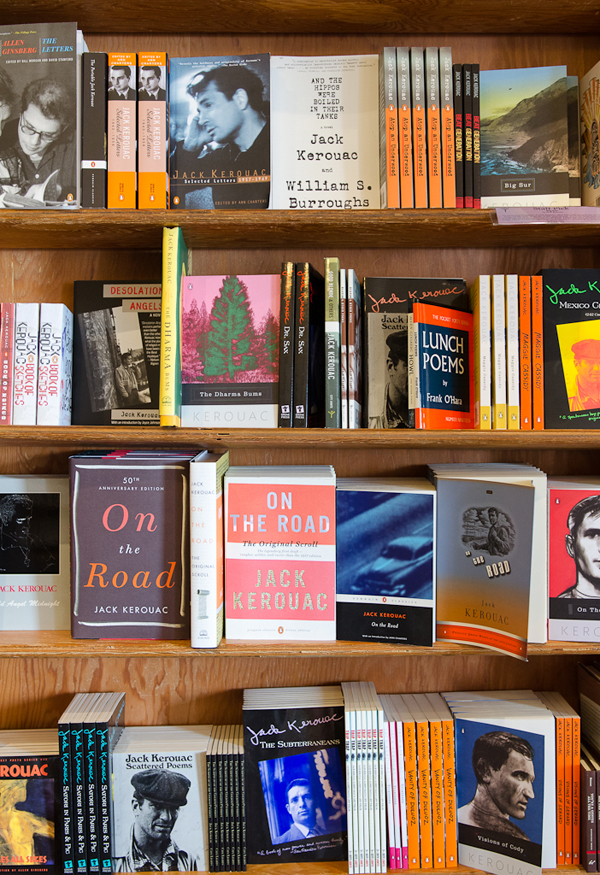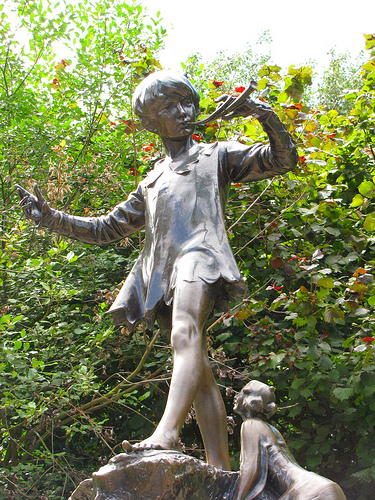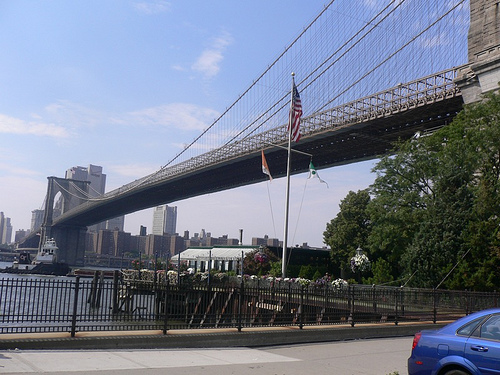
Literary Traveler: Eugene O’Neill suffered greatly in his life as you discuss in your article. Why do you think it’s a common theme for the literary greats to endure great suffering (alcoholism, suicide, drug addiction, etc.)? Do you think it makes them better writers?
Victor A. Walsh: Suffering is part of the human condition. Writers suffer no more, no less than others. O’Neill once said that he could continue to be a drunk or become a writer. He chose the latter, and it rescued him from a self-destructive life and most likely early death. It gave him a purpose, direction.
Great personal suffering does not make better writers. It can, however, provide them with new insights or ways to tell a story. Writing is not an act of sudden inspiration; rather, it flows from struggle, from painstaking, unrelenting commitment. Look at O’Neill’s life at Tao House. He wrote from four to five hours every morning without exception, undisturbed and alone in the silence of his upstairs study. He mulled over his manuscripts; he lived and relived them, edited and revised them with Carlotta’s assistance.
O’Neill came of age when western literature was in the throes of revolutionary change due to the shattering impact of modern urban-industrial and cultural changes. Since the time of Chekhov, Strindberg, Nietzsche, Conrad and Dostoevsky, all of whom O’Neill read intensely, the main currents of European and American literature have dealt with victims, not heroes; with mankind’s inner struggle over identity and place.
LT: Without Carlotta and her influence, would O’Neill have had the literary success he did?
VW: I doubt it. As Carlotta once put it, “I did everything but write the plays.” She was his protectress, the guardian of his creative life at Tao House. O’Neill was enormously dependent upon her. He refers to her as his “mother and wife, and mistress and friend — And collaborator!” in his dedication to Mourning Becomes Electra.
The center of the marriage at Tao House was O’Neill’s writing. Carlotta saw in Eugene the potential for greatness. That is what drew her to him — their unbreakable bond even after the collapse of their marriage. The actor Charlie Chaplin, who married O’Neill’s daughter Oona, once remarked that Carlotta had “to be all sufficient to a man of genius, to cut him off from everybody and minister to his genius,….”
LT: Have you heard reports of O’Neill haunting Tao House? It seems O’Neill might have left a part of his soul there because he loved Tao House so much.
VW: Travis Bogard tells an interesting story about the time he spent alone at Tao House waiting for friends whose arrival had been delayed by a late afternoon storm blowing down the San Ramon Valley. The house and grounds darkened rapidly, and Bogard built a fire in the living room fireplace. The house, he said, “was not haunted. Whatever ghosts there were — the ghosts of the four haunted Tyrones — had left the house when its master did.”
“What I found,” he continued, “is hard to describe — an extraordinary silence for one thing, and I felt a sense of protection, as if the house were a caretaker, guarding my well being,…”
Tao House is a special place. Although not haunted by O’Neill’s presence, it connects us to his time. Enclosed by high white brick walls on a remote hilltop outcrop, it tells us who O’Neill was: a man who sought refuge from the din of modern life, who found his ‘final harbor’ where could at last face his own ghosts.
Please read Victor Walsh’s article: Tao House, Eugene O’Neill’s “Final Harbor”.






